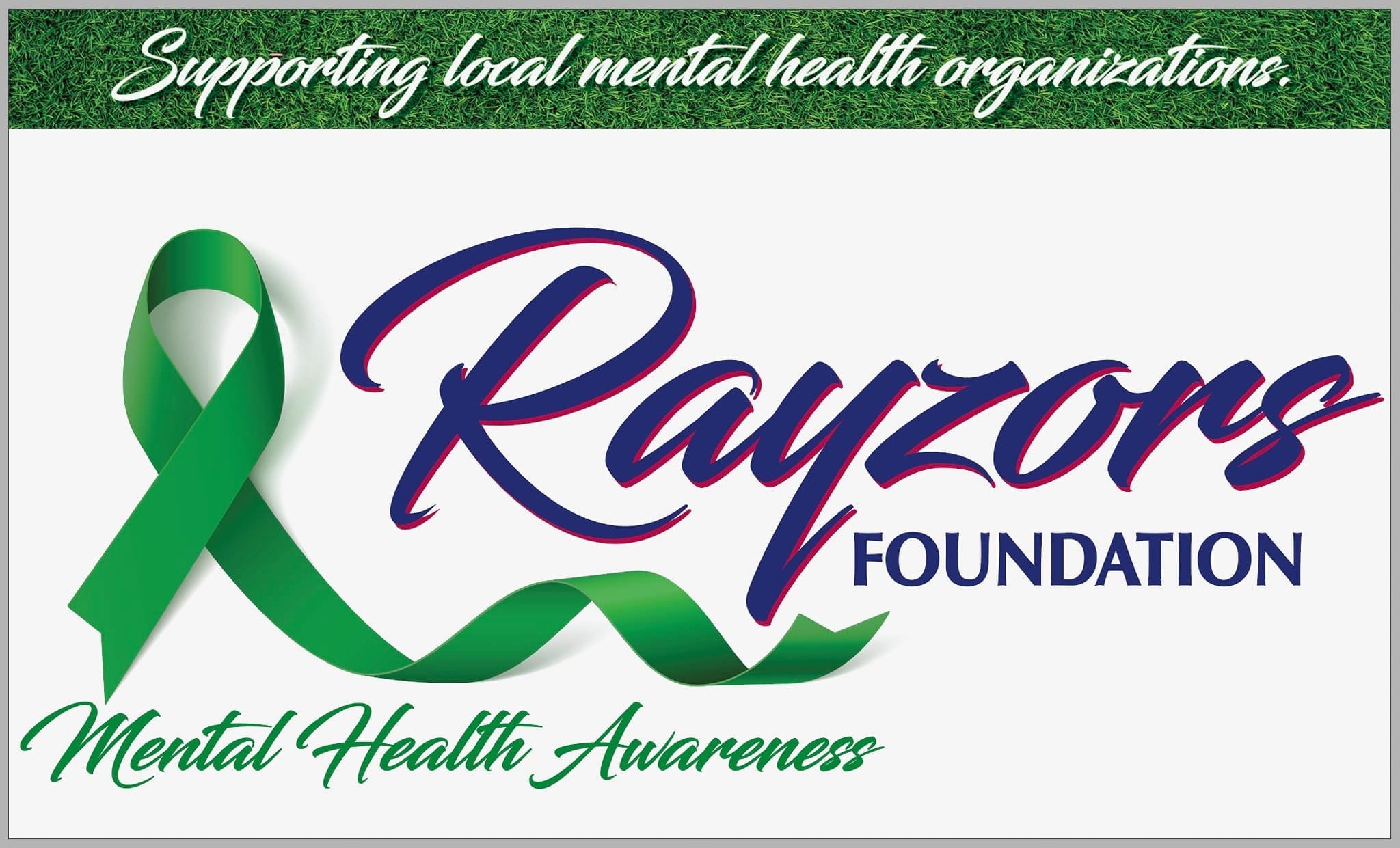Mental health needs for young adults a growing concern
Megan Tevens, senior therapist at Horizon Health Services, has 10 years of experience counseling young adults.
Young adults, those between 18 and 25 years old, have a higher incidence of mental-health issues than most adults and yet are the least likely to seek help for their problems.
And that is the sum of the challenge for mental-health professionals who want to treat them and businesses who want to employ them.
Not to address mental illness in the lives of young adults means they will develop more serious problems that are more difficult to treat as they get older.
“If left unmanaged or undetected, it could lead to social isolation, being withdrawn, alcoholism, suicide, and could affect other life areas such as relationships, jobs and the overall quality of life,” said Megan Tevens, who has counseled young people for a decade. “The earlier you intervene, the better.”
Employers need to step in and recognize symptoms of mental distress, such as significant changes in mood, low productivity, being withdrawn, low or no socialization, lack of focus, absenteeism and negative self-talk.
But are employers willing to do so? Not so much, said Caleek Roman, 22, youth peer advocate with Mental Health Advocates of Western New York. Employers see mental illness as “extra baggage.”
“Employers understand a death in the family, but anxiety and depression? That won’t get accommodated,” he said. “In most cases, it often is, ‘Leave your problems at the door when you step in. You can’t bring that inside. We need an uplifting environment, don’t bring down the morale.’ That expectation is placed on you, and you don’t know where to go for help.”
The older generation in charge seems to cling to the long-standing stigma of mental illness, Roman said, which conflicts with the younger generation’s general attitude of openness and acceptance.
That gap in understanding can make it difficult for young adults to function on the job while battling a mental illness, he said.
Despite outward appearances, youth and opportunity don’t always present themselves as positives, the experts said.
Moving from high school to college and from college to the work world can be stressful enough and has been from generation to generation.
This group, however, has come up in a go-go-go, fast-paced world, driven by ever-present technology, Tevens, a senior therapist with Horizon Health Services, said.
“They are reliant on technology, social media and video games. And a lot of the time, they’re not used to managing their emotions, and that can be difficult for someone who is not used to doing that,” Tevens said.
The 24/7 accessibility to work is putting a lot more stress and pressure on this group, said Lindsay Herndon, director of outpatient services at BryLin Behavioral Health System.
“They are so focused on their goals, and what it takes to achieve them, that’s just one more thing placed on them,” Herndon said. “They are caught up in life and afraid to look like a failure.”
Shifting family dynamics and the recent mounting bad news only adds to the group’s anxiety.
Social isolation from the coronavirus hasn’t made their situation any easier. And they won’t seek help, she said.
Contributing to their mental problems is the Covid-19 impact on the workforce. It is a shock particularly to this age group with no work perspective, said Kenneth Houseknecht, executive director of Mental Health Advocates of Western New York.
“Any employee 30 years or younger has never worked in an economic slowdown,” he said. “We’ve gone from the lowest unemployment in February to the highest since the Great Depression in two months.”
Even before the challenges of Covid-19, this young-adult age group had the highest prevalence of mental, behavioral or emotional disorder among adults at about 26 percent, according to a 2017 study by the National Institute of Mental Health.
At the same time, the percentage of this group who received mental- health services, at 38 percent, was lower than other adult groups, the study found.
And yet, this group, more than any other that came before, is attracted to employers who are sensitive to the mental health of their workers and recognize the necessity of work-life balance, Houseknecht said.
To attract and keep younger employees, he said, the company culture, philosophy and leaders need to address the whole person, including mental health.
How that can take shape is to start at a basic level, Roman said.
“We want the people we work for to take an interest in us as individuals and not as workers,” he said. “We want an openness and transparency and to make sure that our voices are being heard.”




Comments are closed